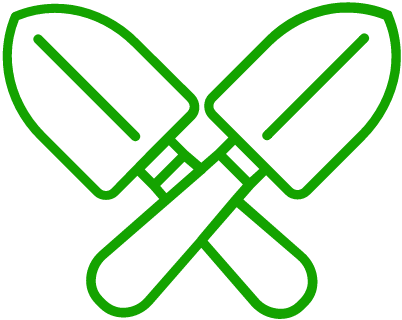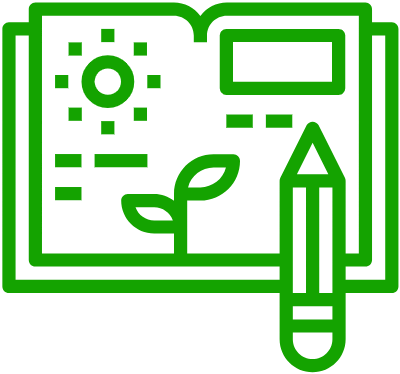You own a garden and it’s that time of the year when your plants need fertilizers, don’t forget to give them proper nutrition and never leave them hungry. But the question is when and how you should fertilise your garden if you are living in Sydney?
Adding fertilizers to your plants not only helps them stay healthy and green but also encourages them for new growth. Right fertilization can make your plants look lush green and thick and give them the desired colour and fragrance. Picking the right fertilizer and adding it to your garden in the right amount is going to improve your soil quality.
In this article we are going to present a complete guide for fertilizing the plants in your garden. Without further ado let’s get started.
When to fertilize your garden and plants
Adding a fertilizer does not mean that you are keeping your plants alive but it also encourages them for best growth. So, when you should fertilize your garden? Should you fertilize your garden at any time? What is the right way to add fertilizer?
The best time to add fertilizer to your garden is when your plants are beginning to grow. Yes, this will provide them access to rich nutrients required for healthy growth. The worst time to fertilize your garden is when your plants are almost grown-up or are at the end of their growing season. Trees are a typical example of this, they are grown up in spring and fertilized in mid-October. Most of the plants actively grow in early summers so we fertilize them in December in Sydney.
In the case of vegetables and flowers, the process of fertilization is carried out just before plantation. Fertilization of flowers and vegetables is very essential for their growth because maximum growth is required from them.
How to apply fertilizer
The most important question is how to use fertilizers for the growth of your plants in your garden?
When you are planning to apply fertilizers for the first time then use granular fertilizers by either broadcasting them with your hands or with a spreader. You can also apply the fertilizer to the root of the plant directly. All dry forms of fertilizers should be applied by watering them into the soil. The applied layer should be soaked into the soil with a thickness of around 4 – 6 inches.
If your plants are growing then apply them gently so that the roots of your plants are not damaged. Water-soluble plants are first dissolved in irrigation water before the application to the roots of the plants and even the leaves sometimes. If you are using water-soluble fertilizers then don’t use any other kind of liquid fertilizers at the same time.
Types of fertilizers to use
Mainly there are two types of fertilizers for you if you are planning to do gardening at your home: Soluble Fertilizers and Granular Fertilizers.
Granular fertiliser
Granular fertilizers are dry solid granules of fertilizers that are used widely for home gardening. Because these fertilizers are dry, they take time to deliver the nutrition to your food and are slow in the process. The best way to use granular fertilizer is by applying it once every six months in a large area.
Soluble fertiliser
Soluble fertilizers, as the name suggests, is a type of fertilizers that is soluble in water-based solutions. They give plants an instant boost of balanced nutrition if applied properly. As these fertilizers are soluble in water, they are very fast in action. They are also easily absorbed by the plants and are easy to use. You should always make sure to dilute them properly before use because soluble fertilizers if not diluted can burn your plants quickly.
Feeding the plants in your garden is just like feeding yourself and you have to do it properly in the right manner, otherwise, you might damage your plants. The right amount of nutrition for your plants is extremely important otherwise there is a chance that you might burn your plants. Fertilization not only promotes the growth of your plants but also makes them healthy and fresh. Before applying any fertilizers to your garden make sure you know what nutrients your plants need.










